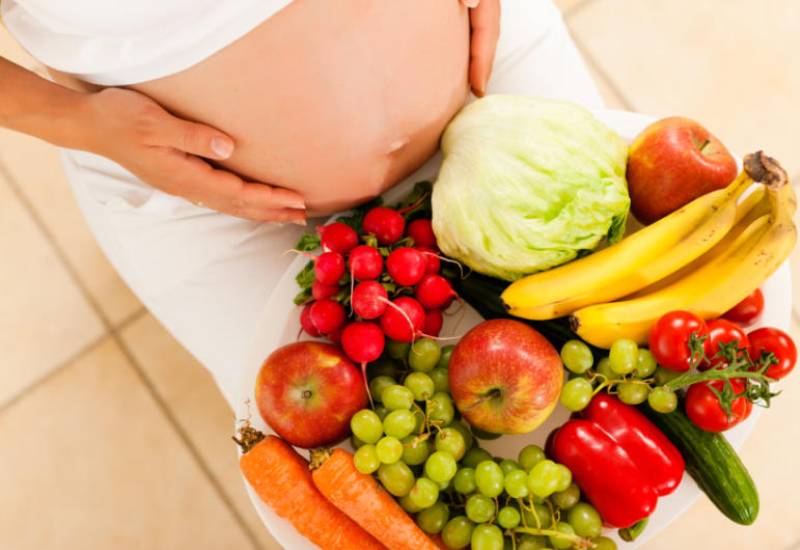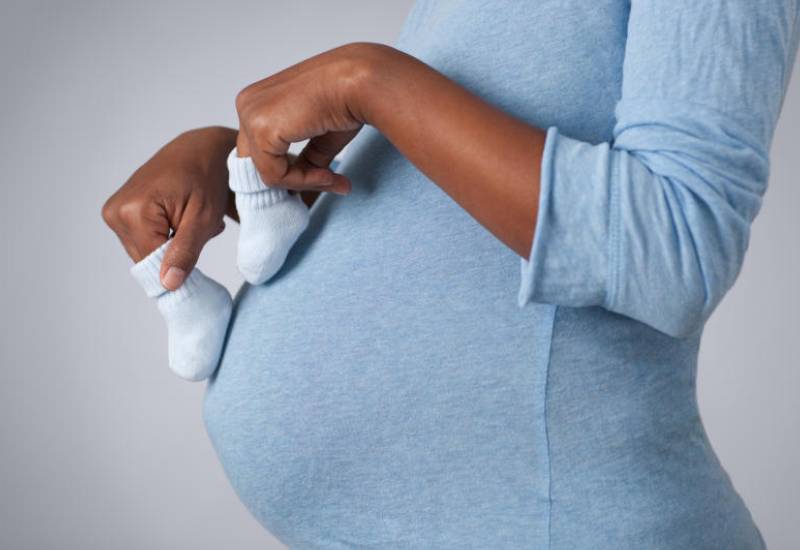
The pregnancy journey is normally an exciting time, but comes with changes in eating habits.
For fear of adding extra weight and eagerness to bounce back after the delivery, some women opt to eat sparingly during pregnancy.
Even though excessive weight can elevate your risk for pregnancy complications such as high blood pressure, gestational diabetes and preeclampsia, it is still not recommended to practice restricted eating during pregnancy.
A lack of adequate nutrients could compromise your health and that of your child. Slow foetal growth, premature birth and the possibility of infant death are likely consequences of inadequate nutrients during pregnancy.
Your body is already adjusting to support the growing baby, hence depriving your body of nutrients will drain you. After all, you are likely to lose some of the weight in the first week after delivery.
To give a baby a healthy start, mind your food even before conception. There are certain foodborne risks that can affect your baby even before conception.

Risks such as toxoplasma can be harmful to the baby even before conception. The parasite is found in raw or undercooked meat, contaminated fruits and vegetables. If you happen to have cats, they can pass the parasite through their faecal waste.
Symptoms of toxoplasmosis may include fever, swollen glands, muscle pain and stiff neck. The parasite can pass through the placenta to your unborn baby through the placenta. The baby could develop hearing problems, blindness and intellectual disabilities.
Women who are infected are advised to wait for six months before trying to conceive. The infection does clear with treatment.
Generally, the immunity of a woman is altered during pregnancy to ensure her body gets along pretty well with the baby growing inside her.
This alteration may, however, make you more susceptible to foodborne illnesses. The same applies to the unborn baby, whose immune system is not fully developed to be able to tackle germs.
Serious foodborne illnesses including food poisoning can cause dehydration, long term neurological problems in foetuses, miscarriages or even stillbirth. Food poisoning may also manifest through fever, chills, nausea, seizures, muscle aches, trouble maintaining balance and flu-like symptoms. Pregnant women are advised to avoid unpasteurised milk, raw eggs, undercooked meat or seafood. Only consume hot dogs and luncheon meats after steaming them hot.
When shopping, ensure separate bagging for raw meat or fish from other food items. Also, ensure hygienic food handling and preparation, and store food properly. Note that ready to eat foods can be wonderful areas for harmful bacteria to thrive.
 The Standard Group Plc is a multi-media organization with investments in media platforms spanning newspaper print
operations, television, radio broadcasting, digital and online services. The Standard Group is recognized as a
leading multi-media house in Kenya with a key influence in matters of national and international interest.
The Standard Group Plc is a multi-media organization with investments in media platforms spanning newspaper print
operations, television, radio broadcasting, digital and online services. The Standard Group is recognized as a
leading multi-media house in Kenya with a key influence in matters of national and international interest.










